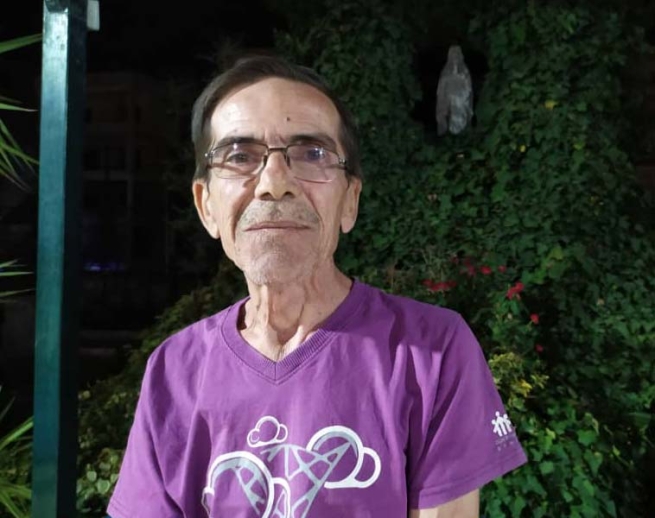Edwar Nakouz, the father of two children, received surgery and necessary medical care. He was in desperate need of surgery and was dealing with pain and illness every day, which impacted his quality of life. The financial cost of those surgeries was prohibitive. He said, “Since the onset of the illness I dealt with immense physical and psychological pain. I found myself trapped between the walls of the disease and a constant state of disability. I drew strength from within to face challenges and move forward steadfastly, I always lived in pain and hardship, but I never lost hope.”
Before the earthquake, Syria’s health care system was already overwhelmed due to the prolonged conflict in the country, which caused more than 230,000 civilian deaths, including 30,007 children between March 2011-2023. After the earthquake, it risked a complete collapse in some impacted areas. The World Health Organization’s 2022 Health Emergency Appeal reported that Syria recorded close to 45% of all deaths as being related to non-communicable diseases, which include cardiovascular disease, diabetes, cancer and chronic respiratory disease. Cardiovascular disease alone accounts for 25% of all deaths.
Widad Zalkaba was another beneficiary of the project. She faced significant physical challenges with pain in her eyes. She had to continuously take medication and undergo regular surgical procedures to preserve her vision.
Zalkaba described the situation for many families in Aleppo. “Today, we are facing significant challenges in bearing the costs of living in these difficult conditions. Many people find it difficult to secure food and provide basic health care and medications. Families also struggle to afford necessities such as clothing and housing. The cost of medical care, in particular, can be extremely difficult, even impossible, to bear. Unfortunately, there are families in Aleppo who cannot even afford the consultation fees to see a doctor, despite their pain, as they need to save every bit of money for food.”
Zalkaba’s family faced similar financial difficulties. She added, “My family has been struggling with difficult financial circumstances like many families in Aleppo, making it impossible for us to afford the expenses of these surgical procedures and the purchase of necessary medication. However, with the presence of the Salesian fathers, everything changed. They are second family for us and did not hesitate to assist us in any possible way.”
Salesians have been in Syria since 1948. They work in Damascus, Aleppo, and Kafroun and have remained through the war. Since the outbreak of the war, Salesian centers have played an important role in providing monthly assistance and emergency financial assistance to about 300 families, of which about half were displaced. At the same time, the three centers have continued and gradually expanded socio-recreational, spiritual, and educational activities. Their centers have seen a rise of about 500 children to over 1,200 currently attending the centers.
While the Salesians in the country do not manage any formal schools or training centers, they offer a structured remedial education and school support program for youth in need through scholarships, after-school activities, tutoring classes and related activities. To offer youth livelihood opportunities going beyond financial assistance, an employment and youth entrepreneurship support program was launched in 2019.
Source: Mission Newswire


